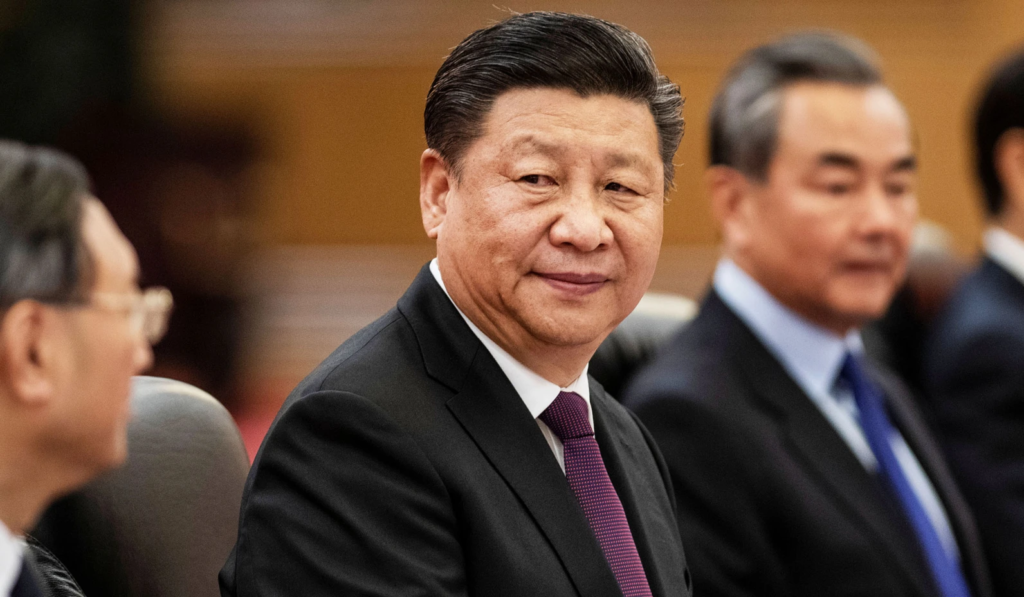National Review Magazine
September 18, 2022 6:30 AM

As Washington’s allies struggle to resist Beijing’s worldwide espionage and influence offensive, the U.S. can set an example.
hen the People’s Republic of China was founded in 1949, many in the nation remained resistant. But in the words of Mao Zedong, the Chinese Communist Party had three “magic weapons” (法宝, fǎbǎo): a well-organized military, party building, and its United Front apparatus, now known as the United Front Work Department (UFWD). In part by stressing consensus and mischaracterizing their long-term plans, United Front cadres convinced influential figures to support the new government. Meanwhile, the People’s Liberation Army (PLA) mopped up remnant Nationalist units, invaded Xinjiang and Tibet, and intervened in Korea.
The chairman avoided publicly praising a fourth magic weapon: his espionage apparatus, then called the CCP Social Affairs Department (社会部, Shèhuì bù, SHB). From 1946 to 1949, SHB spy rings thoroughly infiltrated the Nationalist Party, army, and government. As Generalissimo Chiang Kai-shek later reportedly said, “there was no space that they did not enter” (无孔不入, wú kǒng bùrù).
For more, see The National Review/